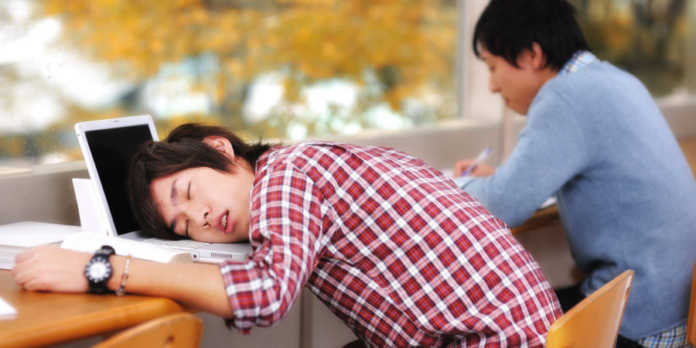College students are one of the most sleep-deprived population. This sleep deprivation in them is linked to lower GPAs because sleep affects concentration, memory and the ability to learn. In other words, it becomes hard for college students to get enough sleep. Indirectly, it is stated as sleep is the key to college success. According to sleep expert, not getting enough sleep can affect their physical and mental well-being.
Scientists from the Ohio State University have conducted this research. They figure out how college students deal with sleep deprivation and how their sleep deprivation affects on college success.
Dr. Annesa Das said, “A bad night’s sleep or chronically not getting enough sleep can affect every aspect of our lives. It can affect how we perform in school, our immunity and our emotions. When we’re tired, we’re more prone to infections, more likely to get into arguments and less likely to participate in activities we enjoy.”
“When you are sleep-deprived, you don’t think as clearly. Staying up all night to study can backfire and affect performance on exams. If you can’t avoid an all-nighter, do it strategically by getting a good night’s sleep before and after“, she said.
Scientists even provide some tips to students to overcome sleep deprivation. They asked students to do exercise in a regular manner.
They suggest, “Don’t rely on pills to get to sleep or caffeine to stay awake. Both may mask bigger sleep problems. If you have to nap, do it before 4 p.m. and sleep no more than 30 minutes.”
“After finishing evening studies, give yourself 30 minutes to calm down before bed. Keep your room cool, dark and quiet at night. Turn off TVs, computers, tablets and phones, which emit a blue light that disrupts sleep. If your roommate is still working, use eyeshades. And when you awake, come in the exposure of bright light. Bright light will help you be alert for early morning classes.”
